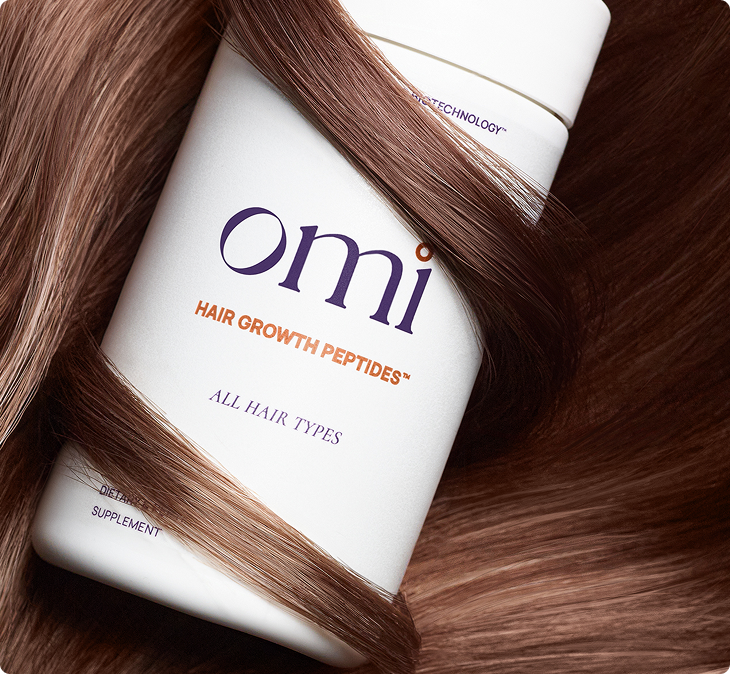Here's What You Should Actually Expect When You Stop Using Hair Growth Products
No, your hair won't start shedding immediately.
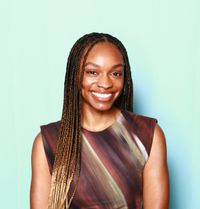
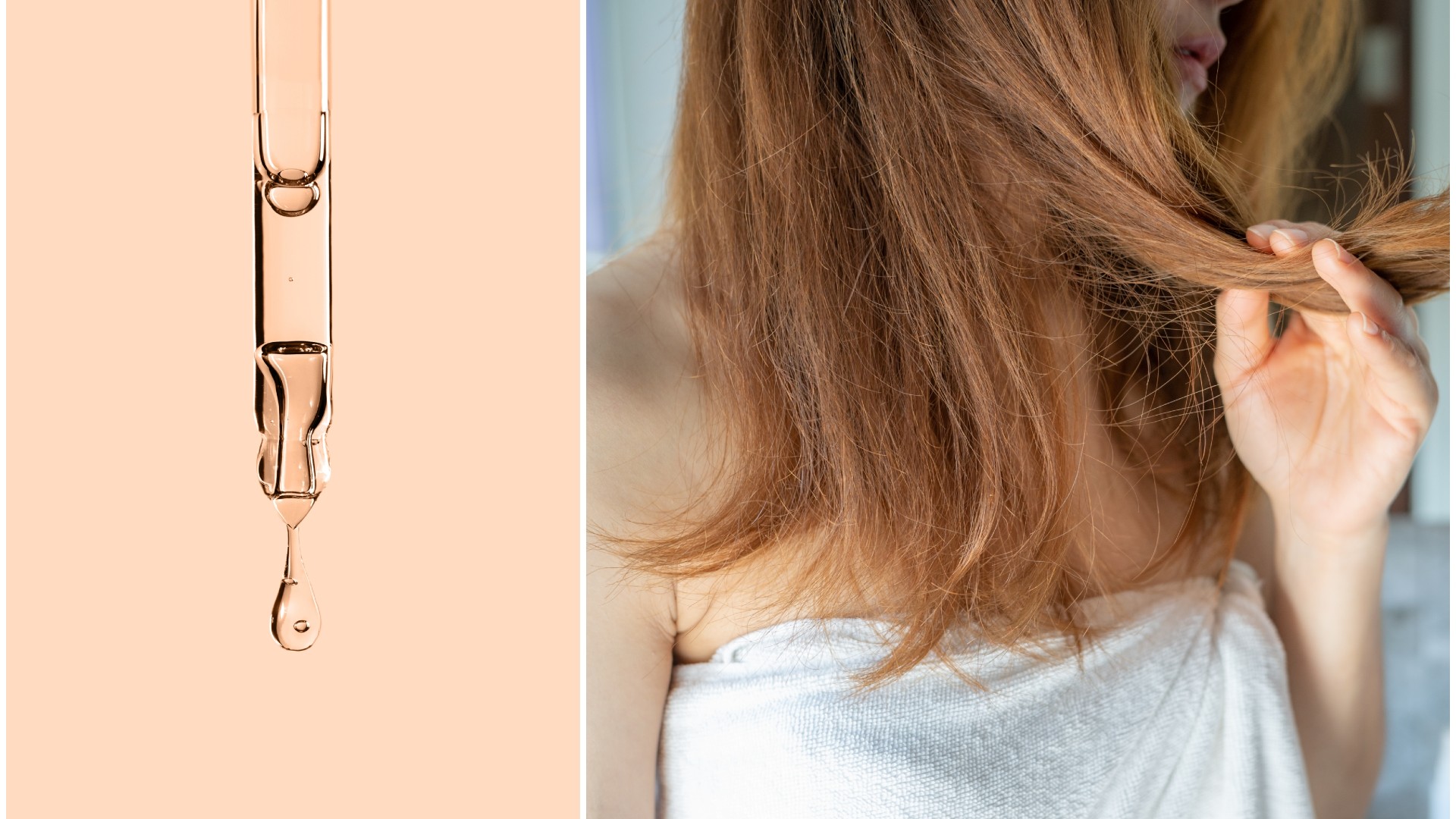
Select the newsletters you’d like to receive. Then, add your email to sign up.
You are now subscribed
Your newsletter sign-up was successful
Want to add more newsletters?

Delivered daily
Marie Claire Daily
Get exclusive access to fashion and beauty trends, hot-off-the-press celebrity news, and more.

Sent weekly on Saturday
Marie Claire Self Checkout
Exclusive access to expert shopping and styling advice from Nikki Ogunnaike, Marie Claire's editor-in-chief.

Once a week
Maire Claire Face Forward
Insider tips and recommendations for skin, hair, makeup, nails and more from Hannah Baxter, Marie Claire's beauty director.

Once a week
Livingetc
Your shortcut to the now and the next in contemporary home decoration, from designing a fashion-forward kitchen to decoding color schemes, and the latest interiors trends.

Delivered Daily
Homes & Gardens
The ultimate interior design resource from the world's leading experts - discover inspiring decorating ideas, color scheming know-how, garden inspiration and shopping expertise.
If you've ever experienced hair loss, thinning, or shedding, then you've probably at least considered addressing the issue by using topical products and medications that strengthen your follicles and accelerate hair growth. Minoxidil in particular, often sold under the brand name Rogaine, is the only FDA-approved treatment for female and male pattern balding, and it's highly recommended for people looking to reverse hair loss.
"Minoxidil is thought to prolong the anagen (growth) phase, decrease the telogen (resting) phase of hair follicles, and increase the size of follicles that have already been miniaturized," says nurse practitioner Jodi LoGerfo, DNP, FNP-BC. "This enables hairs to become thicker and grow longer."
That said, using a hair growth product like minoxidil is a commitment, and you'll only see results if you're using it consistently. You may have heard that withdrawing from use will cause you to experience even worse hair loss and shedding than before, and while that's not exactly the case, there are some side effects worth knowing about.
Read ahead to learn what really happens when you stop using a hair growth product.
Why Might Someone Have to Stop Using Hair Growth Products?
Wanting thicker, fuller hair is totally normal, as is using a topical product to help you get there, but there are actually a variety of reasons why someone may choose to withdraw from using a hair growth accelerator. Per Dr. LoGerfo, minoxidil can sometimes make the hair feel sticky or tacky, or worse, it can cause scalp irritation. "You could also discontinue minoxidil if you developed an irritant or contact dermatitis, severe dryness, flaking or scaling," she says.
There's also the possibility of experiencing side effects like unwanted hair growth in areas other than the scalp (especially if you're taking oral minoxidil), which would also be a valid reason to withdraw from the medication. Dr. LoGerfo adds that, in rare cases, people can experience dizziness, lightheadedness, a rapid heartbeat, or palpitations as side effects. "This would be a reason to discontinue the minoxidil as well," she says.
Lastly, if you don't see significant results after consistent application, then cutting use may also be necessary.
Get exclusive access to fashion and beauty trends, hot-off-the-press celebrity news, and more.
What Happens When You Stop Using Hair Growth Products?
If you've used a hair growth product like minoxidil or finasteride for shedding or bald spots, and you've seen improvement, it's important to know that continuous use (think twice a day) is necessary to maintain said growth. It's for this reason that discontinuing the use of a hair growth product can likely cause the new hair to stop growing.
"Physiologically, when minoxidil is discontinued, the blood vessels that were dilated by the effects of it go back to what they were before," says Dr. LoGerfo. "Blood flow to the hair follicles becomes decreased, as will the nutrient and oxygen supply that was delivered to the follicles by the increased blood supply. The hair follicles that were under the influence of minoxidil return to how they were pre-treatment state."
That being said, if you have to stop using a hair growth product for whatever reason, don't expect your hair to begin shedding immediately. Dr. LoGerfo says that any results that occur while you're using the product (like growth or density) can revert gradually over the period of a few months after you stop using the product. This means that if you've seen significant growth in an area that didn't see progress before starting the drug, the hair will likely stop growing gradually after you stop.
Is There a Right Way to Stop Using a Hair Growth Product?
In short, yes. Should you have to stop using any medicated hair growth drug, trichologist and hair loss expert, Shab Caspara, recommends "weaning off" of it instead of quitting abruptly or cold turkey.
"Begin by using it every other day for a few weeks, then slowly decrease frequency one day at a time to not shock and dramatically deprive the hair growth system," she says. The rapid increase in hair loss after quitting minoxidil is known as minoxidil withdrawal shedding, which Caspara says is a type of rebound shedding from a sudden change in follicular stimulation. "Weaning off will allow for a more natural transition without abrupt hair loss," she adds.
It's also worth noting that once you stop using a hair growth product, the shedding you experienced beforehand won't get worse, as some myths might have you believe, it'll just return to its "baseline," as Dr. LoGerfo puts it.
Topical and oral hair growth products can do wonders for people experiencing issues like shedding, breakage, and loss, but whether you're considering starting a medication or stopping one, just be mindful that it's always helpful to consult with a dermatologist or doctor first.
To see which hair growth products are actually worth the investment, read ahead.
Hair Growth Products to Consider
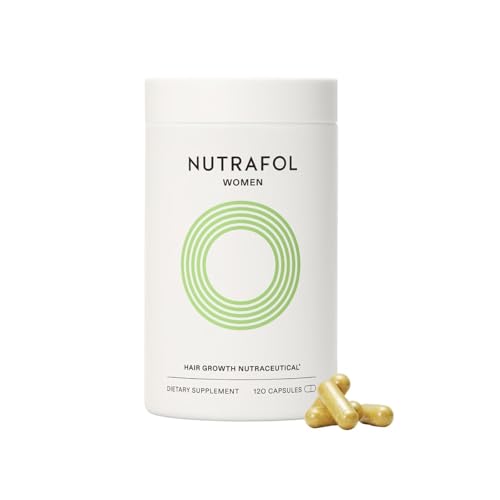
Of all the oral hair growth supplements on the market, these are probably the most popular and highly-recommended. That's because they're made with a blend of vitamins (A and D) and biotin, which can support healthy hair growth and increase density. Just be mindful that you'll have to take four pills daily to see consistent results.
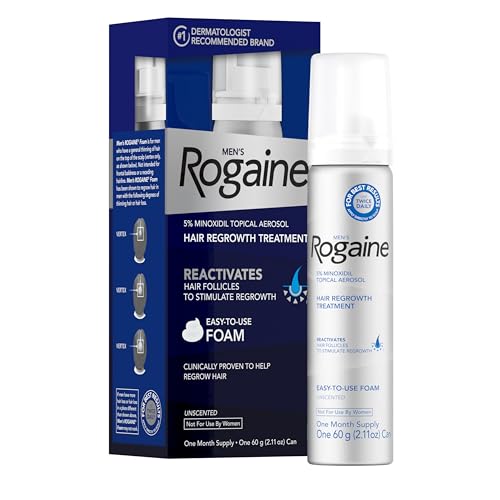
Rogaine is a topical product with minoxidil that's meant to promote hair growth. Foam products in particular are great for people who want a non-messy alternative to liquid products that have potential to drip and make contact with other areas of the body (and potentially cause unwanted hair growth there).
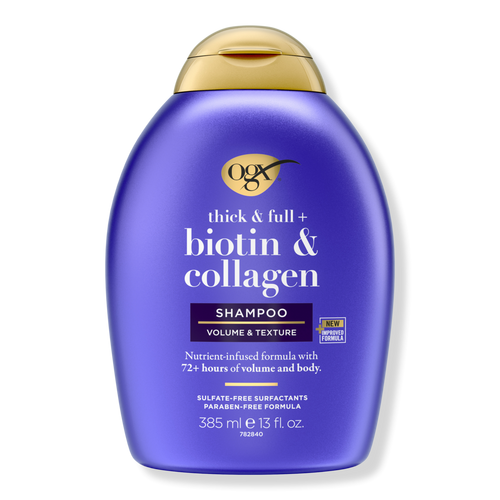
If supplements and topical products are a bit too much of a commitment for you, you can always opt for a hair growth shampoo. This one from OGX is super-affordable, and it includes biotin and hydrolyzed wheat protein to strengthen the hair in addition to supporting growth.
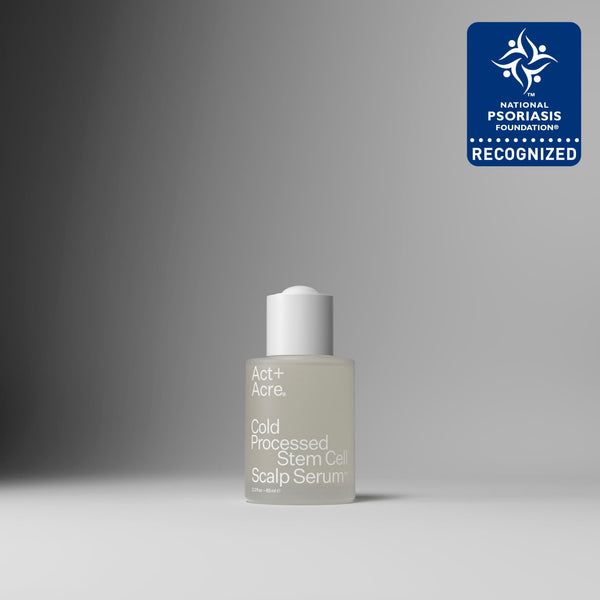
This lightweight serum addresses thinning, dryness, and flakiness on the scalp, and it's made with ingredients like hyaluronic acid and aloe vera that promote hydration and get rid of buildup that could be affecting growth. Apply it to wet or dry hair and just massage it into your scalp.
Why Trust Marie Claire
For more than 30 years, Marie Claire has been an internationally recognized destination for news, fashion, and beauty trends, investigative packages, and more. When it comes to the products Marie Claire recommends, we take your faith in us seriously. Every product that we feature comes personally recommended by a Marie Claire writer or editor, or by an expert we’ve spoken to firsthand.
Meet The Experts
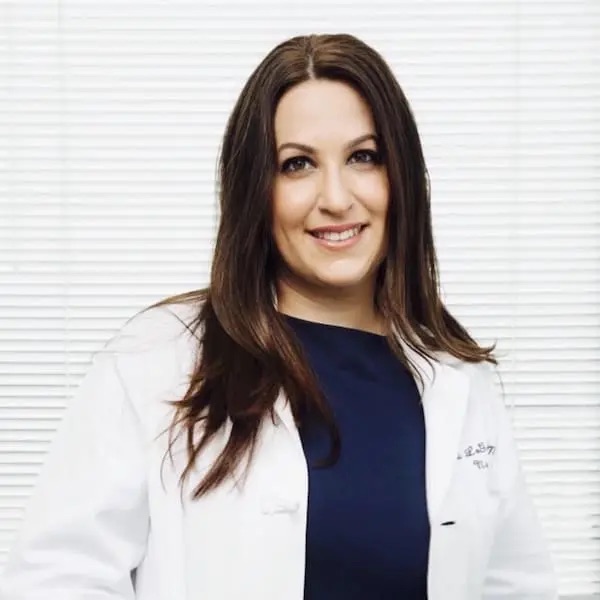
Dr. Jodi LoGerfo, DNP, FNP-BC, is a nurse practitioner and celebrity skin guru at Orentreich Medical Group in New York City. She studied pharmacy at St. John’s University and nursing at Molloy College in Rockville Centre, NY.
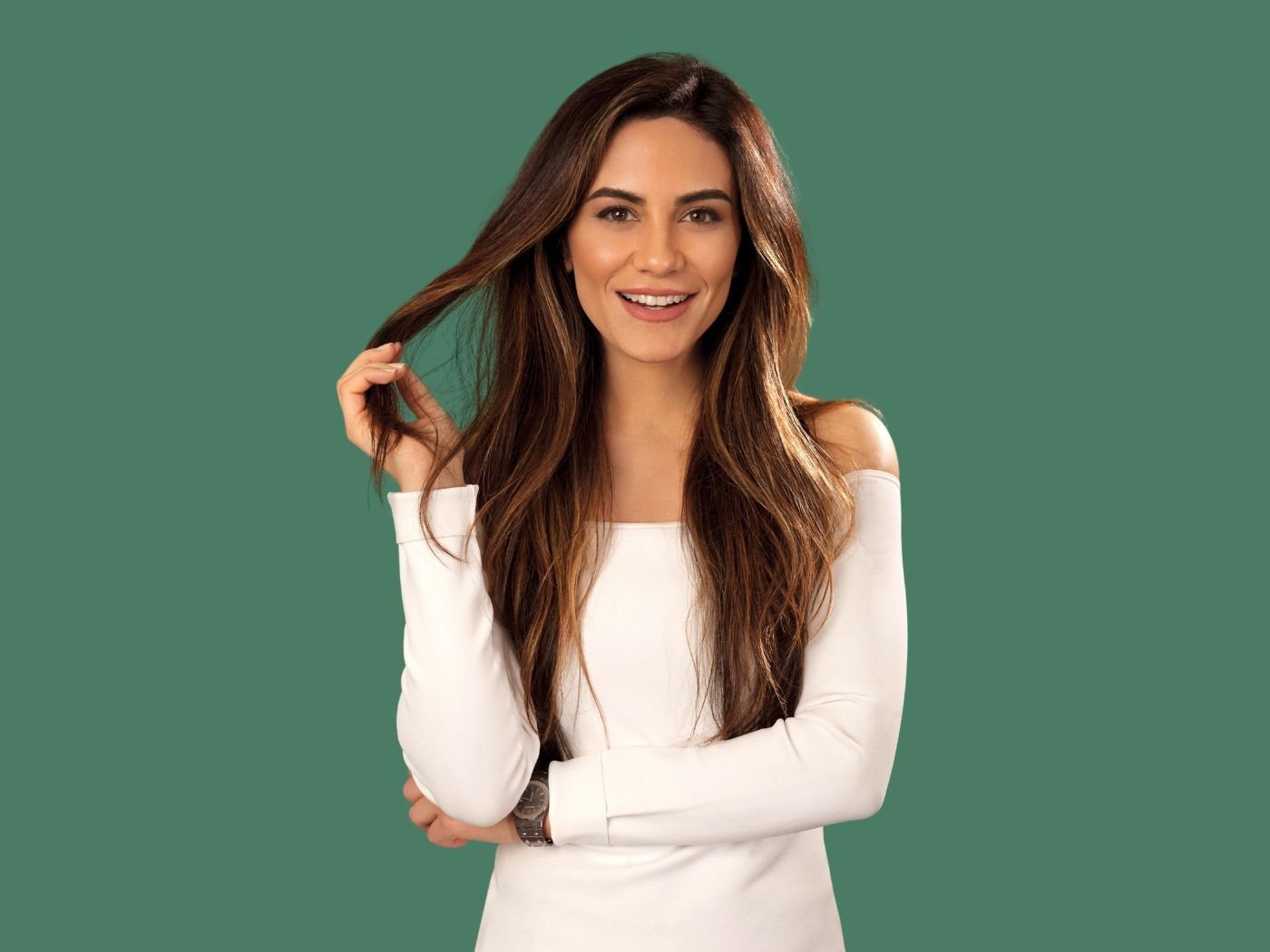
Shab Caspara is a board-certified trichologist and hair loss expert based in New York City. She's also the co-founder of hair health brand, Leona, which offers hair growth solutions to women.
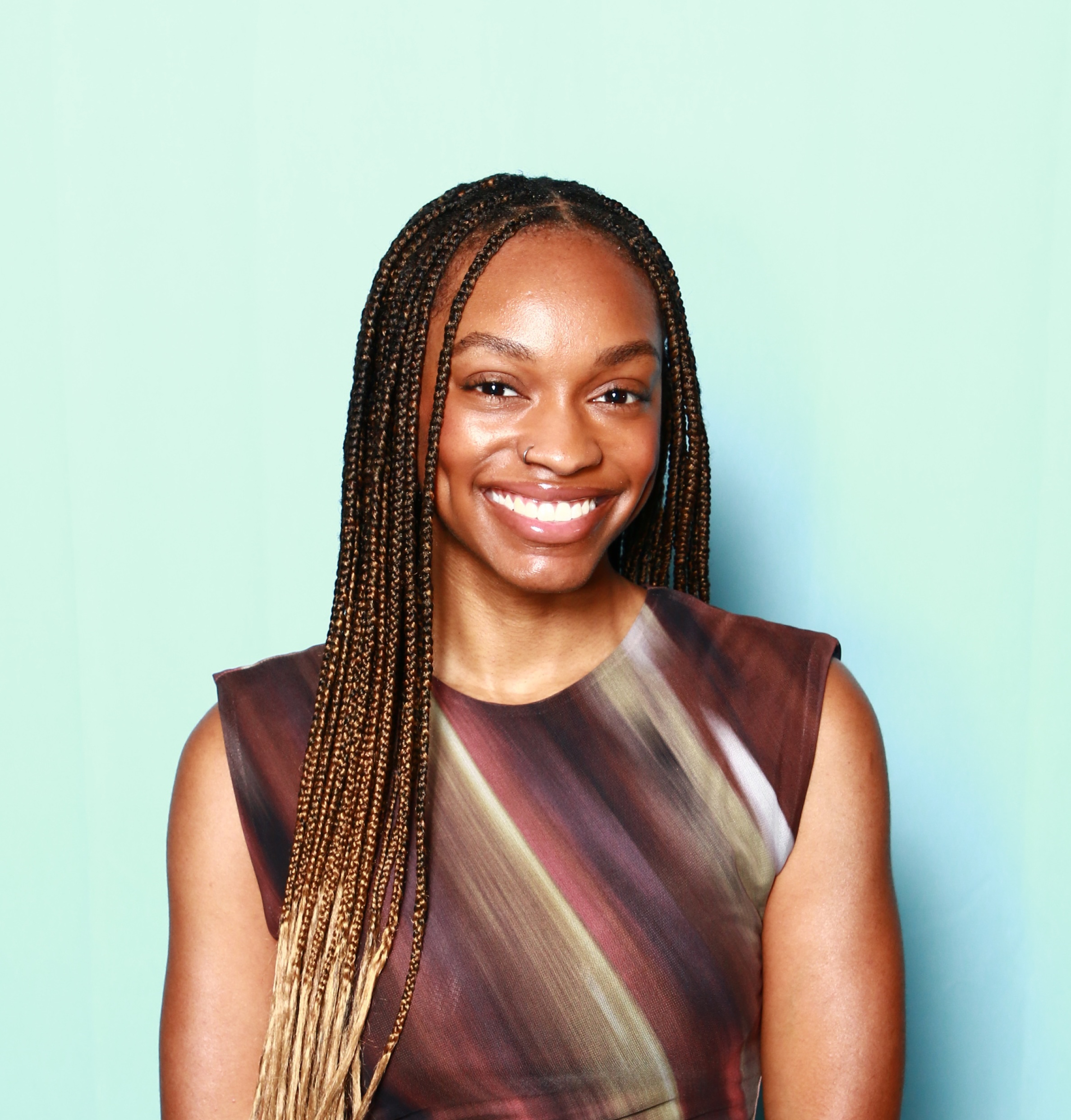
Danielle Jackson is the senior beauty writer at Marie Claire. She has nearly a decade of experience covering beauty, lifestyle, and entertainment and was previously the senior beauty editor at Women's Health, where she thoughtfully covered topics related to skincare, haircare, aesthetics, and wellness. Before that, she spent three years as an assistant beauty editor at PS, and in the years since, her work has appeared in titles like Vogue, InStyle, Glamour, and more. Danielle graduated from the University of Georgia with a BA in English, and has lived in Brooklyn for almost ten years. When she's not writing, you can find her reading romance novels and talking about sunscreen. You can find her on Instagram @danielleknecole.
